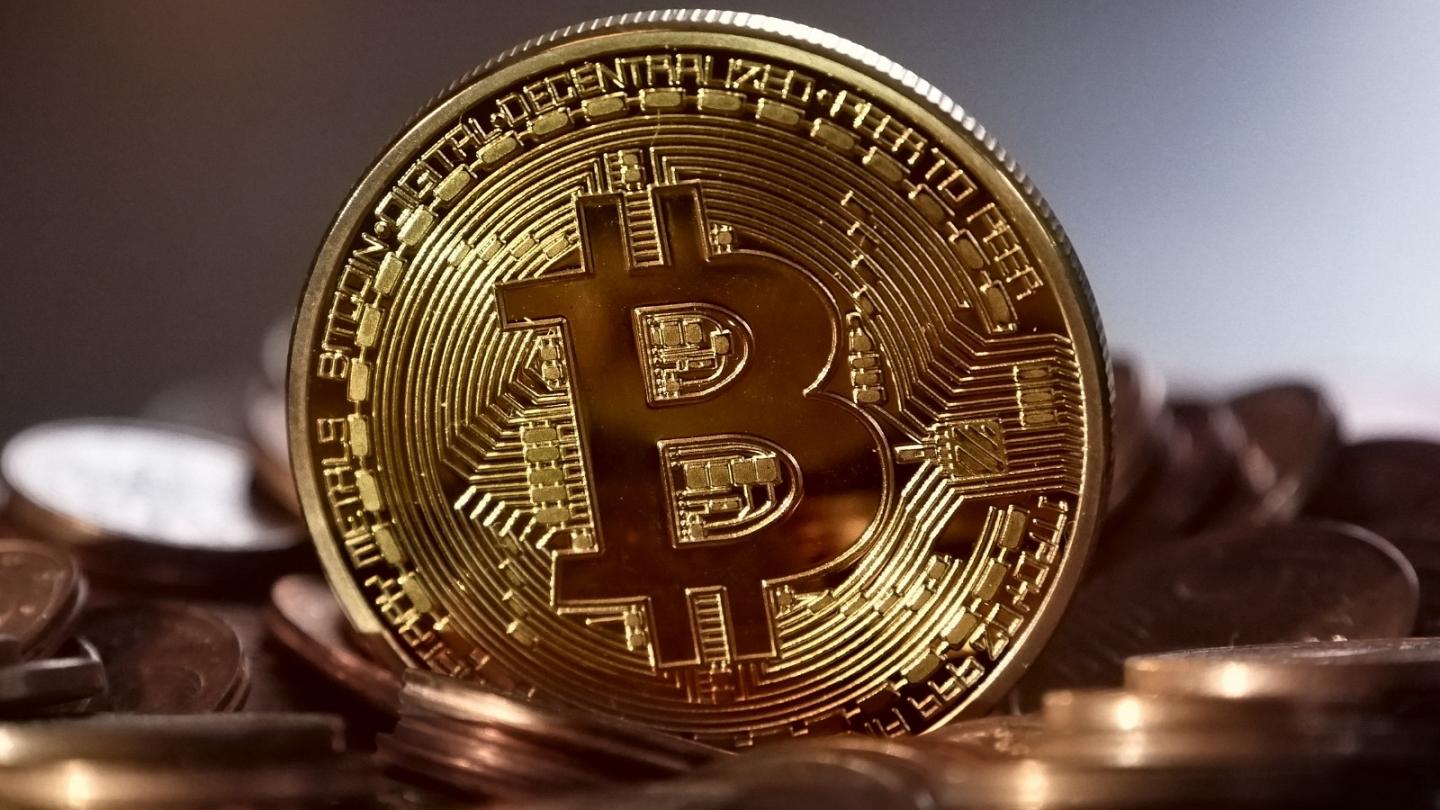Bitcoin Rally Triggers Profit-Taking Signals Amid Whale Activity
10.05.2025 19:00 2 min. read Alexander Stefanov
Bitcoin is firmly trading above the $100,000 level, drawing renewed optimism from investors while also raising caution among analysts watching for potential turbulence ahead.
The recent upswing has sparked aggressive buying during price dips, but signals from both retail and institutional flows are painting a more complex picture.
The rally has pushed over 97% of BTC holders into profit, according to IntoTheBlock data. While that’s a bullish milestone, it also opens the door to increased selling pressure as some may look to cash in. This is reflected in a notable uptick in large transactions, with volume jumping from $68.4 billion to $72.6 billion—an indicator that whales are actively repositioning.
Adding to this, the netflow ratio of major holders moving Bitcoin onto exchanges has risen to 0.17%, a sign that some big players may be preparing to sell. Historically, such moves precede short-term pullbacks, especially when momentum is high.
Despite this, institutional demand remains strong. Spot Bitcoin ETFs attracted $142 million in net inflows, led by ARK Invest, Fidelity, and BlackRock. In a single transaction, BlackRock alone added over $8 million in BTC to its holdings.
Meanwhile, the liquidation of nearly $280 million in leveraged positions over the last 24 hours—most of it from short-sellers—underscores the sharp shift in sentiment. Open interest fell slightly, but trading volumes remain robust, suggesting the rally still has fuel, even as volatility picks up.
-
1
Bitcoin Price Prediction for the End of 2025 From Standard Chartered
02.07.2025 18:24 1 min. read -
2
Robert Kiyosaki Says Crypto Is Key to Building Wealth in a Failing System
27.06.2025 10:00 1 min. read -
3
Top Public Companies by Bitcoin Holdings
02.07.2025 10:00 2 min. read -
4
Franklin Templeton Warns of Serious Risks in Institutional Bitcoin Treasury Strategies
03.07.2025 18:12 2 min. read -
5
Billionaire Says ‘Sell Your House, Buy Bitcoin’: Fiat Collapse Is Coming
05.07.2025 12:00 2 min. read
Has BTC Topped? Key Signals Suggest The Rally isn’t Over
Despite Bitcoin soaring past $120,000 and testing new all-time highs, several high-frequency market indicators suggest that the current bull run may still be gathering momentum.
Top Crypto Trends Dominating Discussions This Week
As Bitcoin smashes through all-time highs, crypto-related conversation is surging across social media.
Vanguard Now Owns 8% of Michael Saylor’s Strategy, Despite Calling BTC ‘Worthless’
In a striking contradiction to its long-held skepticism toward cryptocurrencies, Vanguard Group now owns more than 20 million shares of Strategy Inc.—the software company famously tied to Bitcoin through its massive holdings.
Deutsche Bank Explains why Bitcoin’s Dip May Not be What it Seems
Bitcoin’s fall from its recent $123,000 all-time high to $117,000 sparked waves of speculation—but according to Deutsche Bank, this isn’t a typical cooldown.
-
1
Bitcoin Price Prediction for the End of 2025 From Standard Chartered
02.07.2025 18:24 1 min. read -
2
Robert Kiyosaki Says Crypto Is Key to Building Wealth in a Failing System
27.06.2025 10:00 1 min. read -
3
Top Public Companies by Bitcoin Holdings
02.07.2025 10:00 2 min. read -
4
Franklin Templeton Warns of Serious Risks in Institutional Bitcoin Treasury Strategies
03.07.2025 18:12 2 min. read -
5
Billionaire Says ‘Sell Your House, Buy Bitcoin’: Fiat Collapse Is Coming
05.07.2025 12:00 2 min. read


